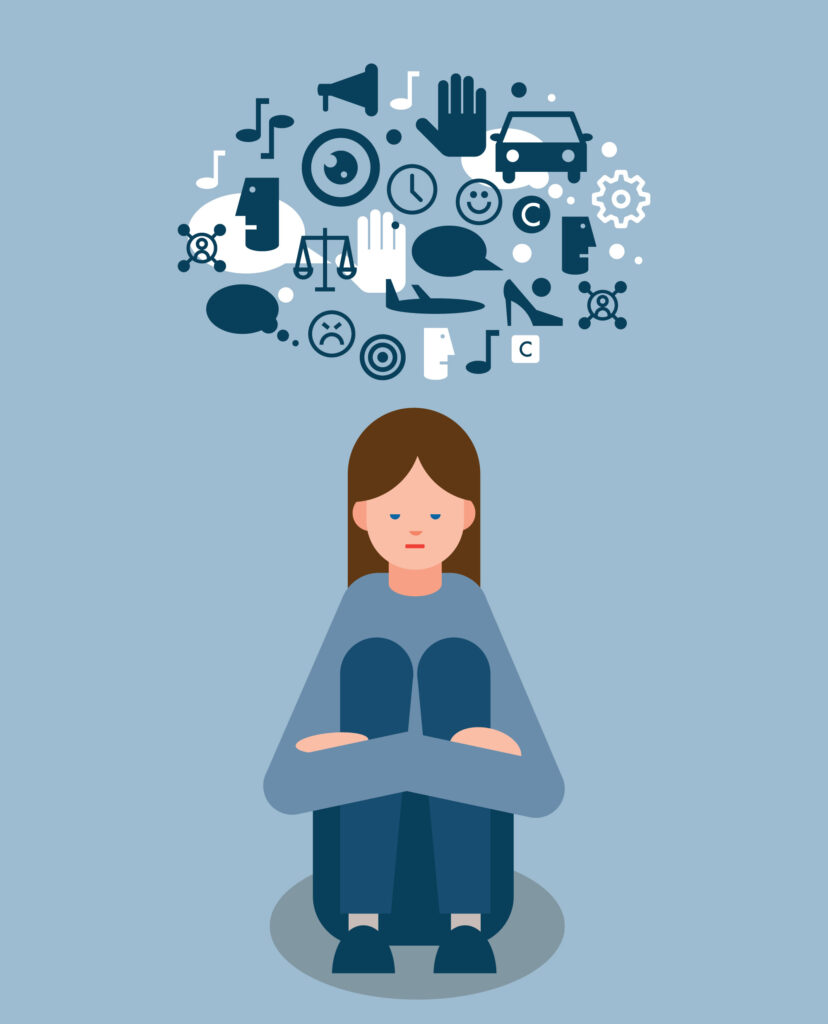8 Things to Know About Substance Induced Mood Disorder
The term mood disorder is an umbrella term used to describe all types of bipolar disorders and depressive disorders. Mood disorders are severe mental health struggles that can impact anyone of any age. Like many other mental health conditions, how mood disorders present in children and teens will look different than when they present in…
Signs, Symptoms, and Internet Addiction Treatments
The Internet has turned how we communicate upside down. Not so long ago, one had to wait for the nightly news or even the Sunday paper to come out to learn about what was happening locally and on the other side of the world. As technology advanced and with it the World Wide Web, the…
Video Game Addiction Treatment: What to Know
People of all ages play video games. Today’s technology has made access to video games of all types and styles easier. When video games first gained popularity, the gaming console was the primary gaming method of choice. While desktop computers could run some games, many needed to be booted from floppy drives via command prompts….
What Causes Reactive Attachment Disorder in Teens?
When a child or teen struggles with reactive attachment disorder or RAD, they cannot form healthy, secure, loving bonds with primary caregivers. It doesn’t matter if the caregivers are their biological parents or another form of caregiver. A child struggling with reactive attachment disorder experiences challenges adequately managing emotions and forming healthy or meaningful connections…
How to Spot Cell Phone Addiction Symptoms
Today, pretty much everyone has a cell phone. It is not uncommon to see people of all ages; some far younger than one might expect, walking around with a cell phone in their hand. In restaurants on airplanes or in other public settings, smartphones are frequently used as a means to entertain and quiet kiddos…
The Support You Need: How to Treat Food Addiction
Food is a vital part of human life. We need it for our bodies to function properly and to maintain human life. However, food is also appealing for various other reasons. It tempts the senses and sometimes serves as a way to dull feelings of emotional pain, sadness or anxiety. Certain foods have effects on…
Nomophobia: What Is It and How to Identify Symptoms
Adults over the age of 45 likely remember the days before cellular phones. Motorola produced the first handheld phone in 1973. It weighed over two pounds and was over nine inches long. If you needed to use it, you had approximately 30 minutes of talk time before waiting ten hours for the batteries to recharge….
Social Anxiety in Teens Can be Stopped: How to Treat It
Social anxiety (formerly referred to as social phobia) was once considered an uncommon disorder. Data from the National Institute of Mental Health National Comorbidity Survey Replication indicates an estimated 7.1% of U.S Adults had social anxiety in the past year. More than 12% will experience social anxiety at some point in their lives. A similar…
Mental Psychotherapy Treatment: Insight-Oriented Therapy
Insight-oriented therapy is a client-centered type of talk therapy that questions “how well do you know yourself.” Also known as insight therapy, insight-oriented therapy strives to guide your teen towards developing a better, improved understanding of self. It is an approach to mental health and wellness that focuses on helping your teen understand how their…
What is Disinhibited Social Engagement Disorder?
Disinhibited social engagement disorder is classified as an attachment disorder. A young child or adolescent who struggles with disinhibited social engagement disorder may find it challenging to form meaningful, deep connections to others, including parents and caregivers. It is one of two attachment disorders that affect children younger than 18 years of age. The other…











